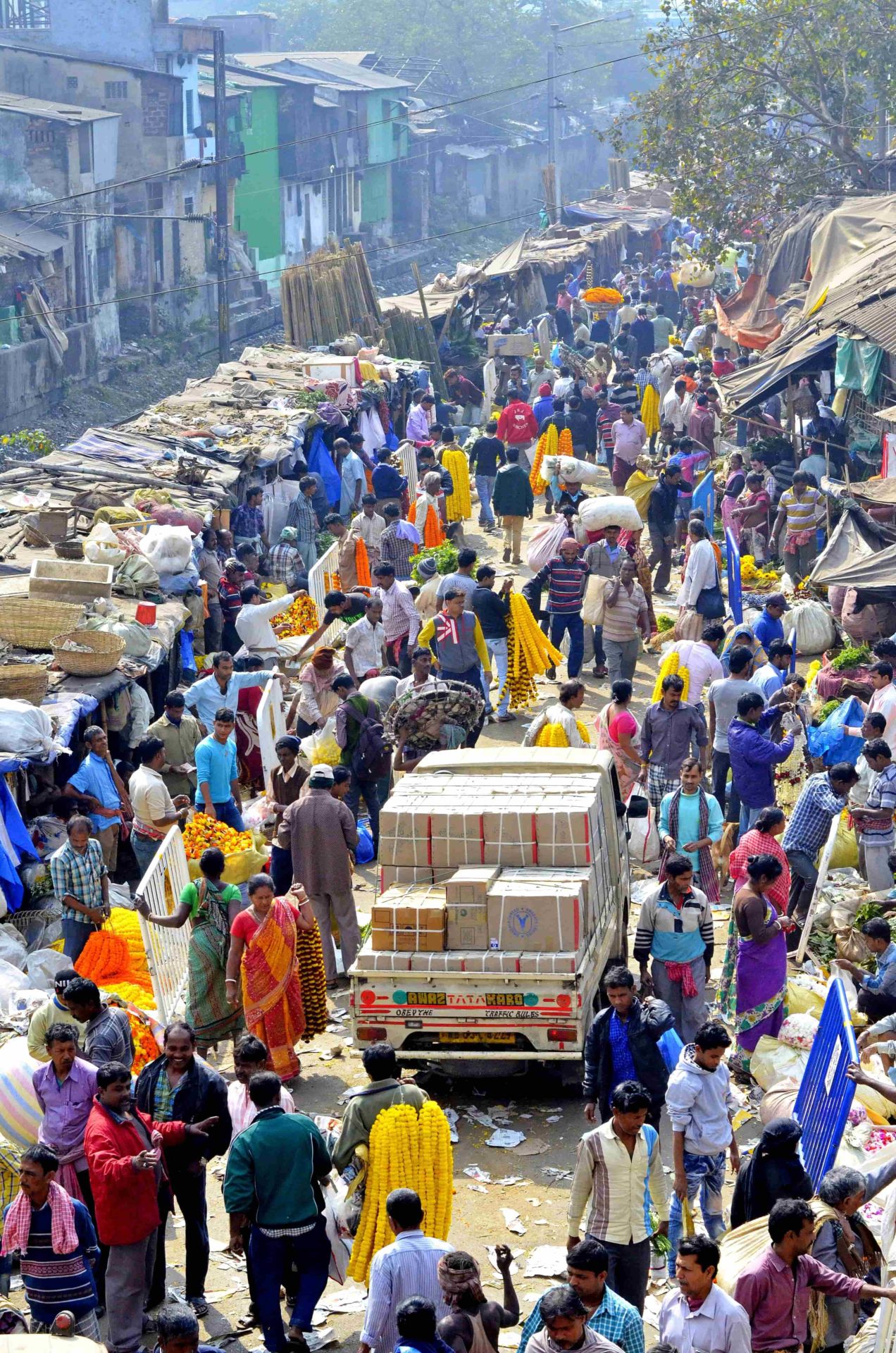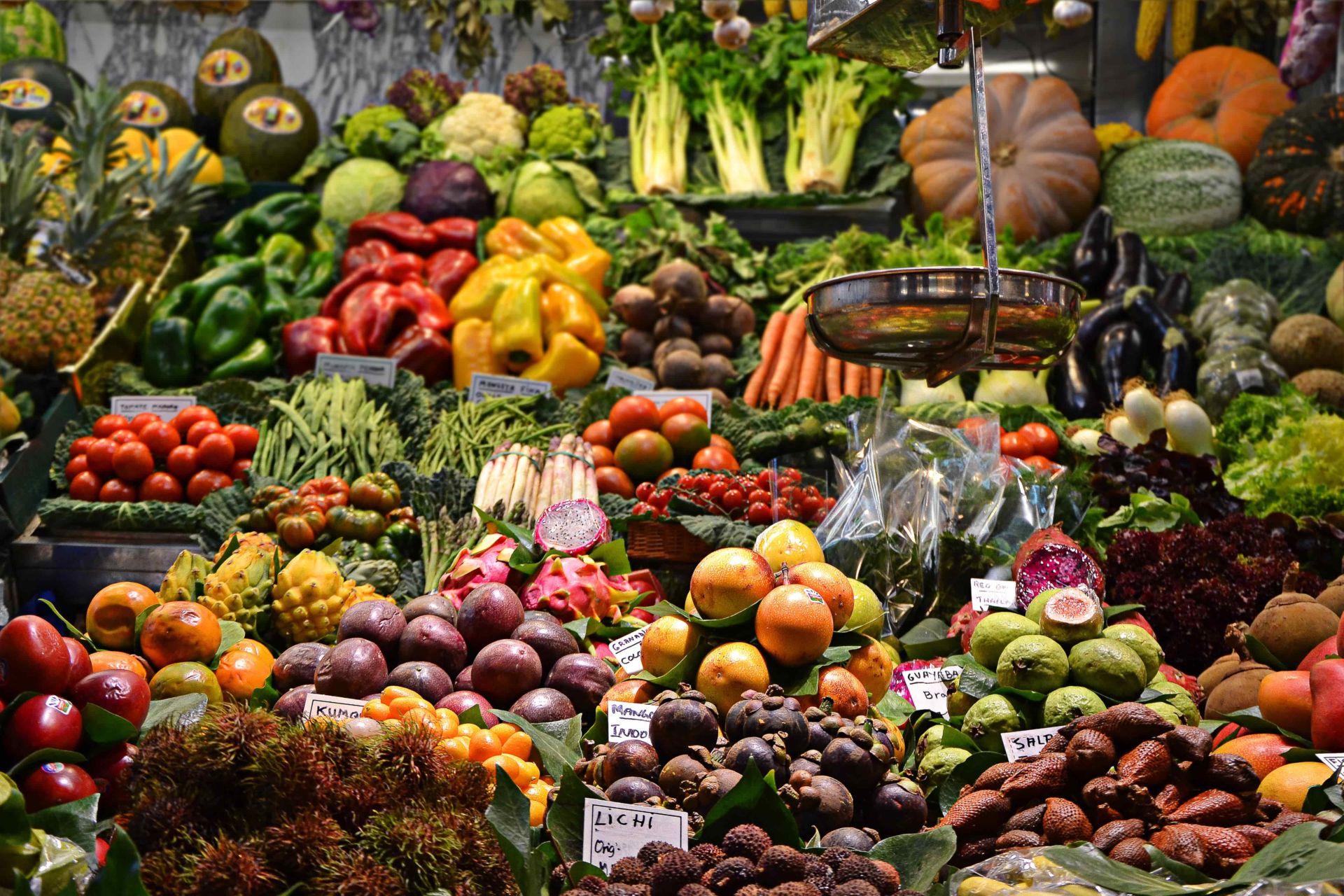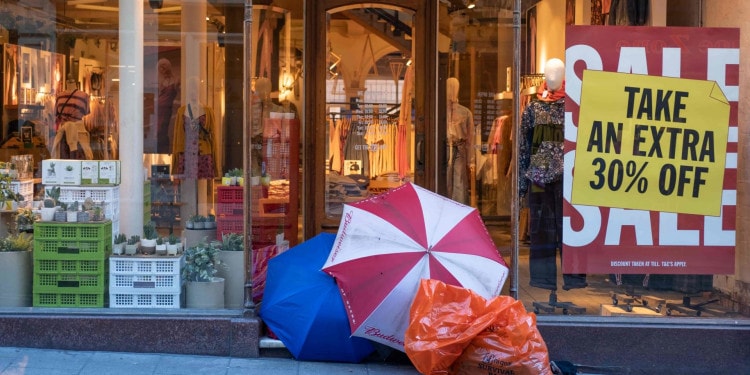For many years, media and advertising have associated shopping with well-being and happiness. Making us live to consume, rather than consume to live. Therefore, it has become very difficult to change these old deeply rooted habits.
Even if consumerism is in some measure a necessity, we must be aware of the impact of our actions. So, it is imperative that we analyze our actions if we must contribute to abundant nature and a healthy society. Particularly when we get to moments such as Black Friday, Cyber Monday and so on (very well-known US-origin trade movements that officially start the Christmas shopping spree), shouldn’t we question ourselves if these dates, with all its amazing deals and sales, are an excuse for the consumer to lower his/her values?
Consumerism is part of our modern life but a balance is definitely necessary. In excess, consumerism is characterized by possession and accumulation, which generates deterioration and imbalance, both in our impact on the planet and in our own daily lives.
Related Articles: Make This Christmas Count | The Eco Christmas Cheat Sheet | Memories Are For Christmas
Therefore, knowing that the vast majority of us tend to buy on impulse rather than out of real necessity, periods such as Black Friday, Cyber Monday, Christmas, Boxing day, etc. can be a real challenge.
So how can we go through these highly toxic consumption moments in an ethical, balanced and conscious manner?
There is no need to refrain completely from taking advantage of what it’s good about it, but the idea is to avoid excesses and waste, not only for the environment but for the wallet itself.
It is imperative that we prioritize practices that avoid waste and the consumption of disposables (which is the basis of a resource-misuse economy that will not carry on its existence!).

So, we have gathered 12 helpful and practical tips to help you in this regard:
1) Plan ahead what you want (and need) to buy – spend some time to think about what you actually really need;

2) Organize yourself – make a list according to the categories of items you need, from electronic goods, daily consumer goods, clothing, footwear, cosmetics, gifts, etc.;
3) There is nothing wrong in browsing for the best prices but set a reasonable budget and stick to it;
4) Get to know the source/origin of the item you want to buy – was it produced in an ethical and fair environment? How much information do you have about the conditions involved in the production of that item? Research as much as possible before buying;

5) The idea is to encourage a consciousness towards the planet and to reduce waste, avoiding impulse buying – so with this in mind, invest in items that make a difference, items that are long-lasting, high quality, animal-friendly and of smaller environmental impact;

6) With regard to food, and whenever possible, buy local and seasonal produce and avoid over-packaged and excessively traveled items – always favoring the “fresh”, natural, local and organic goods;

7) Avoid buying single-use, disposable, polluting items, which can be both harmful to your health and to the well being of the planet itself – embrace the pledge and say “no” to plastic;
8) Reflect on the real need and inner motivation to purchase a particular item – is it a true necessity, is it fashion, is it impulse, is it emotional?
9) Avoid going to big supermarket chains on these particular days – focus on stores that sell exclusively what you need to avoid overspending and take only the cash that you know you will need;

10) When possible, consider buying “second-hand” items – this is a great alternative because you will be supporting a local charity and will be extending the life of those items to their maximum,
11) Support local and neighborhood businesses – the customer service is always better and you are contributing to the improvement of the local economy;

12) We are the Millennial generation, the generation that values the thrill of an “experience” above all – so if buying something as a gift, buy an unforgettable, unique and lifelong moment instead of an item that may be of minimal to no use.
The act of consumption itself is not a problem. The problem is when the consumption of goods and services is exaggerated, leading to overexploitation of natural resources and interfering with the established balance of the planet.
So, take a moment before you head out to the high street to reflect.
Reflect on how our individual actions today, however small and unique they may seem, can have an impact on an incomparable scale. This toxic cycle of consumerism needs to take a new direction. Therefore, before periods of major “excesses”, consider and research about sustainable, ethical, animal-and planet-friendly alternatives. If we all start doing this together, major corporations will be forced to question their production methods and change them somehow. As consumers we have the power to ignite a change and our wallets are the single biggest way of achieving that. So in the upcoming weeks use this power to make a positive change.
Updated: 23/12/2020










